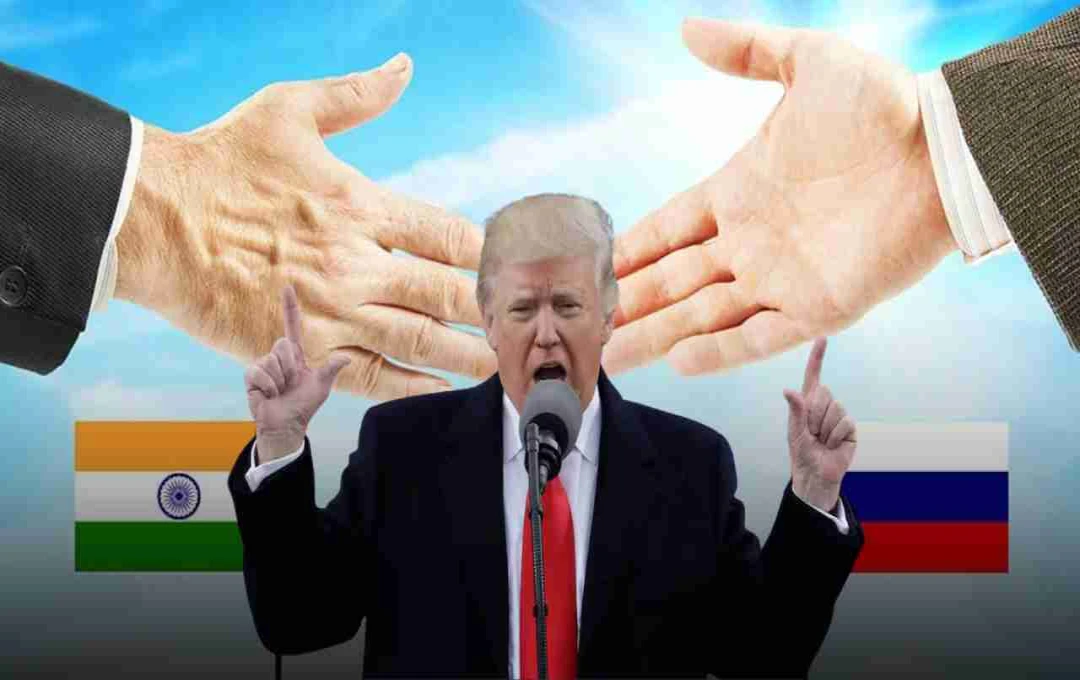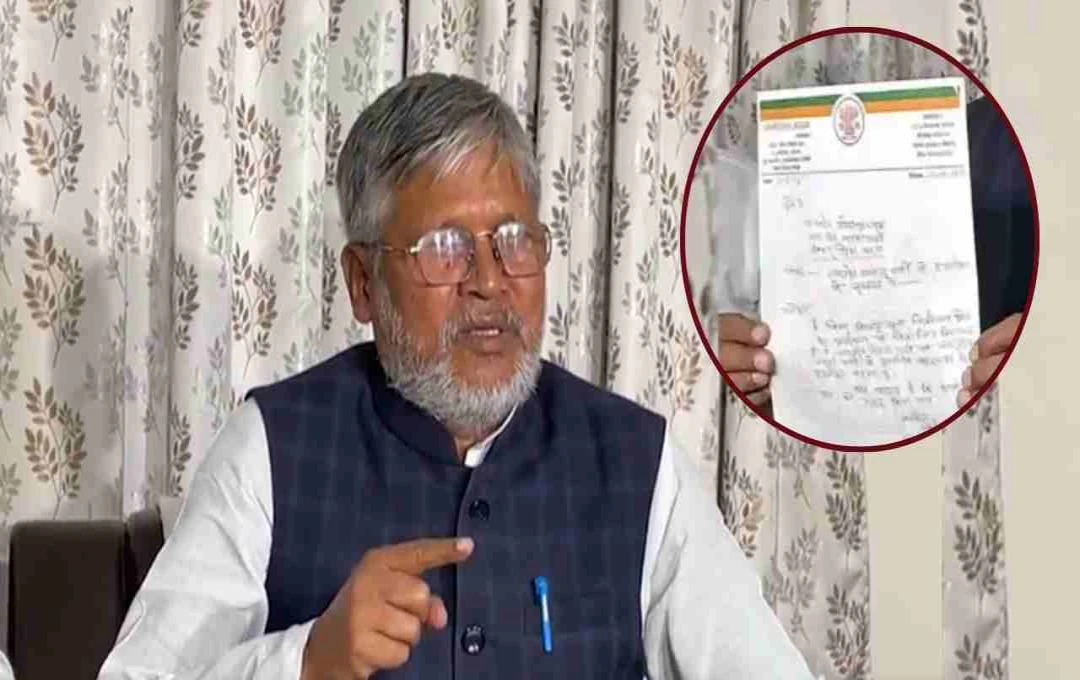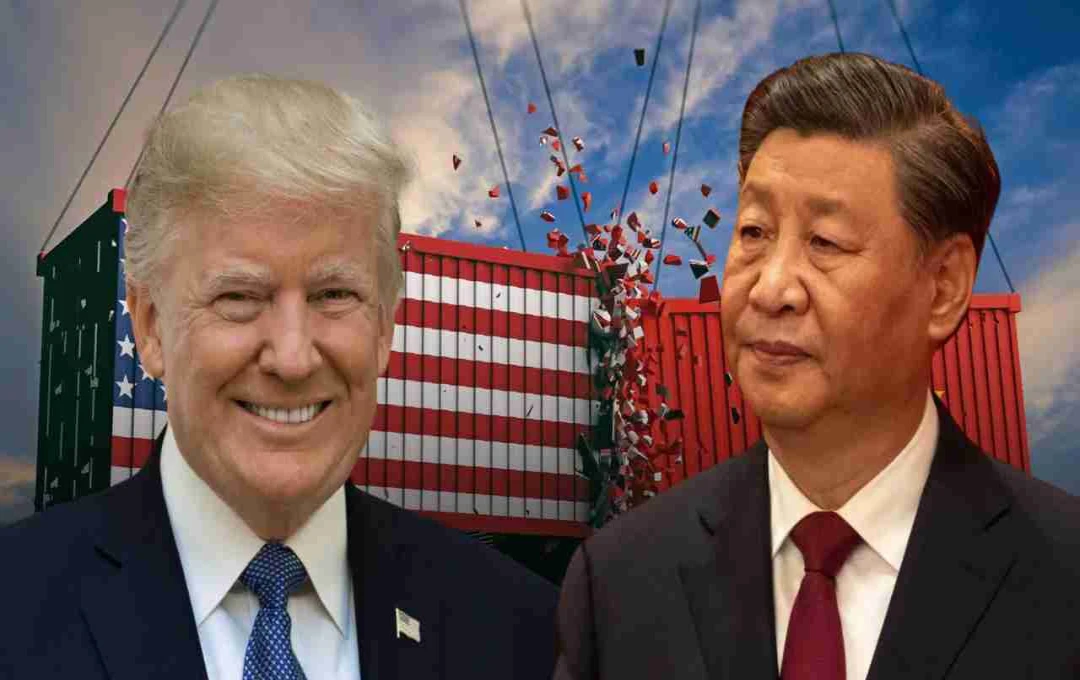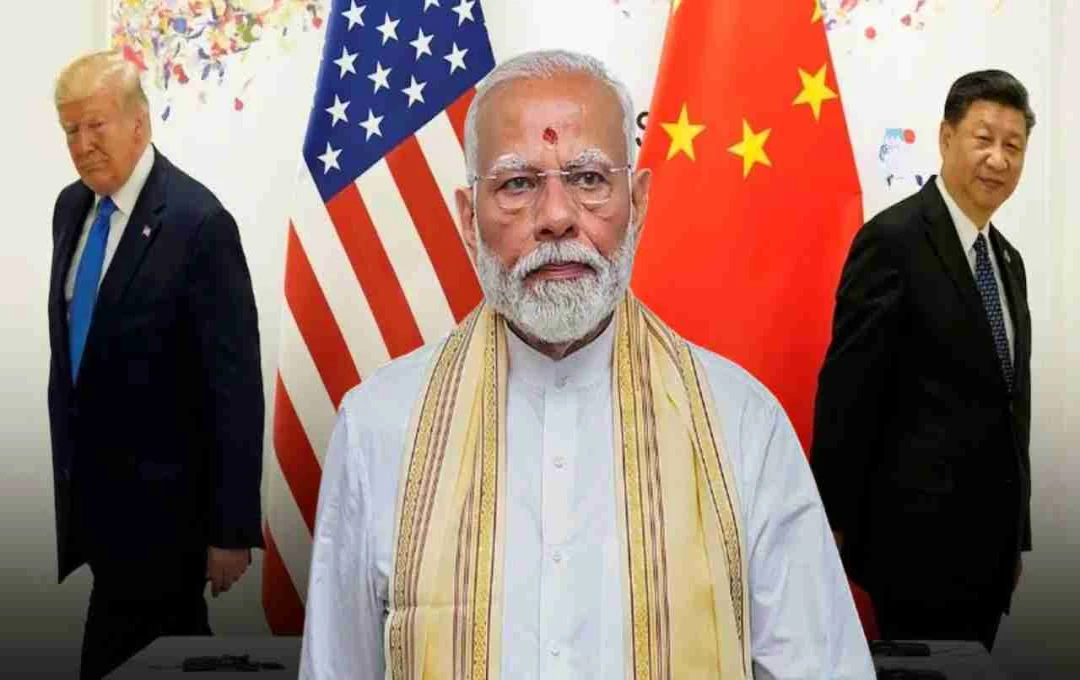U.S. Senator and Trump ally Lindsey Graham introduced the bill. He stated that approximately 70% of Russia's total oil exports go to India and China.
Donald Trump, a potential U.S. presidential candidate, is once again in the spotlight, this time due to his new plan to economically isolate Russia. Trump has hinted that he might seriously support the Sanctioning Russia Act 2025, a bill introduced by Senator Lindsey Graham. Under this law, countries that continue to purchase oil, gas, or other energy products from Russia could face severe economic penalties. India and China are at the top of this list.
Trump's Major Statement in a Cabinet Meeting
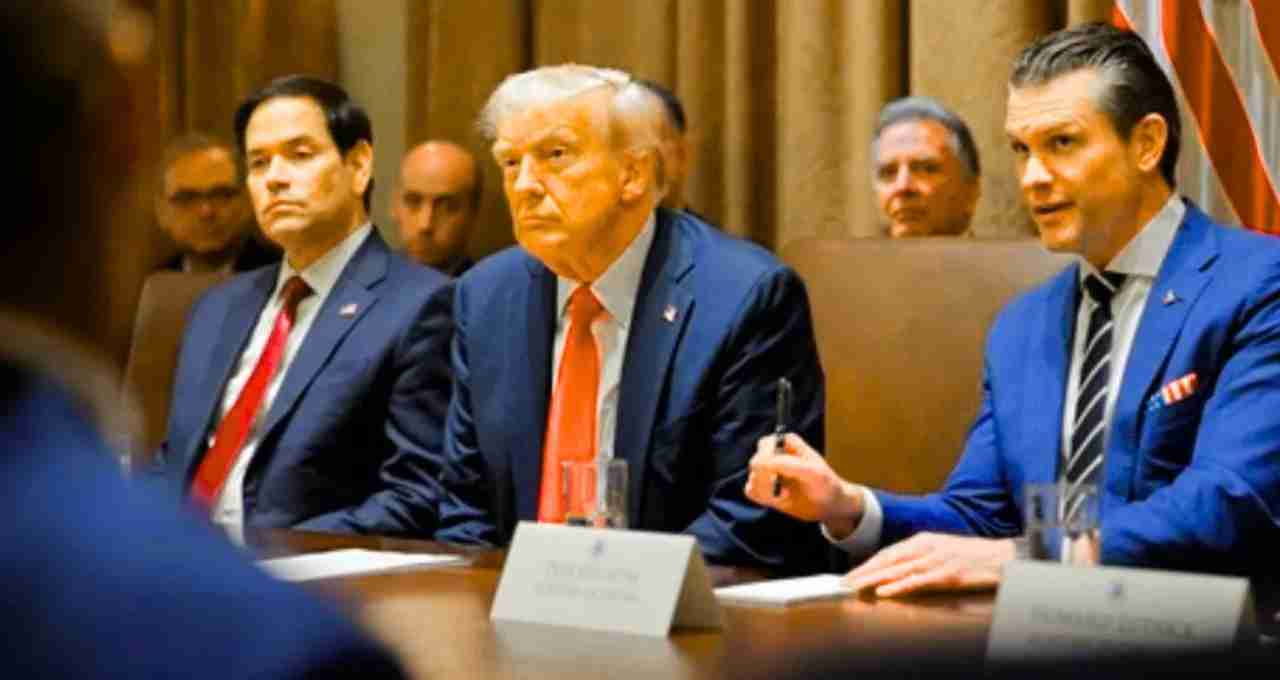
In a recent cabinet meeting, Trump said, "It is entirely within my jurisdiction to implement or remove this law. I am seriously considering it." Trump's remarks come at a time when his stance on the Ukraine war appears to be tougher than before.
He also made it clear that the U.S. Department of Defense has been instructed to provide more defensive weapons to Ukraine. This indicates that Trump is adopting a more aggressive approach on the strategic front concerning the Ukraine conflict.
What is the Sanctioning Russia Act 2025?
This proposed law was initiated in April 2025 by Senator Lindsey Graham, who is considered close to Trump. The law provides that any country purchasing crude oil, gas, uranium, or other petroleum products from Russia could face tariffs of up to 500 percent from the United States.
The bill also states that comprehensive restrictions will be imposed on Russian government companies, institutions, and senior officials to directly impact Putin's economic activities. Senator Graham said, "This bill will set the direction for future talks with Putin and strengthen Trump's position."
Why India and China are Targeted
Graham clearly stated that the law targets countries that buy energy products from Russia and do not help Ukraine. He said, "If you buy oil from Russia and indirectly provide economic support to its war campaign, your products will face tariffs of up to 500 percent in the United States."
He also stated that India and China are responsible for approximately 70 percent of Russia's oil exports. Therefore, both countries could be directly affected by this law.
Tough Stance on Other Countries as well
Trump's policy is not limited to India or China. Recently, he sent letters to seven other countries – Philippines, Brunei, Moldova, Algeria, Libya, Iraq, and Sri Lanka – informing them that the U.S. is going to increase tariffs on their products. These countries are not major trading partners of the U.S., but this demonstrates an extension of Trump's policy.
Trump had previously imposed a 35 percent tariff on Serbia. He stated that this strategy of imposing tariffs is a way to influence trade negotiations and global stability.
Relief for African Countries for Now
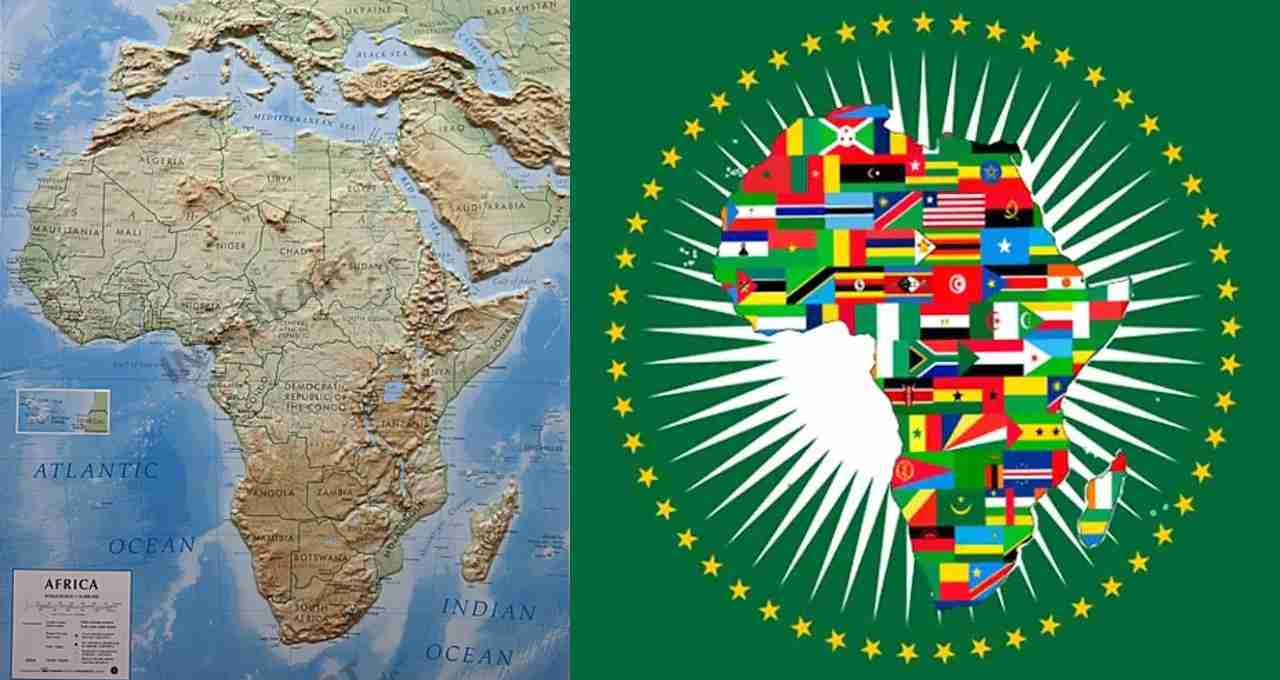
When Trump was asked about the U.S. visits of leaders from African countries Liberia, Senegal, Gabon, Mauritania, and Guinea-Bissau, he said, "They are now my friends. I am not going to impose any restrictions on them." This statement also indicates the kind of personal diplomacy Trump prefers.
Challenging Situation for India
This situation is considered very sensitive for India. On the one hand, India is getting cheap oil from Russia for its energy needs, and on the other hand, its strategic relations with the U.S. are deepening. Therefore, if this law is passed and implemented, India may have to reconsider its business decisions.
However, India has not yet given any public clarification on its oil imports from Russia, and it is also unclear what strategy India will adopt if this bill is implemented.
Impact on International Trade
If the U.S. actually moves forward with a policy of imposing 500 percent tariffs, its impact will not be limited to India or China. It could directly affect global oil trade, logistics, supply chains, and the prices of raw materials. Furthermore, it could also initiate new trade wars.
